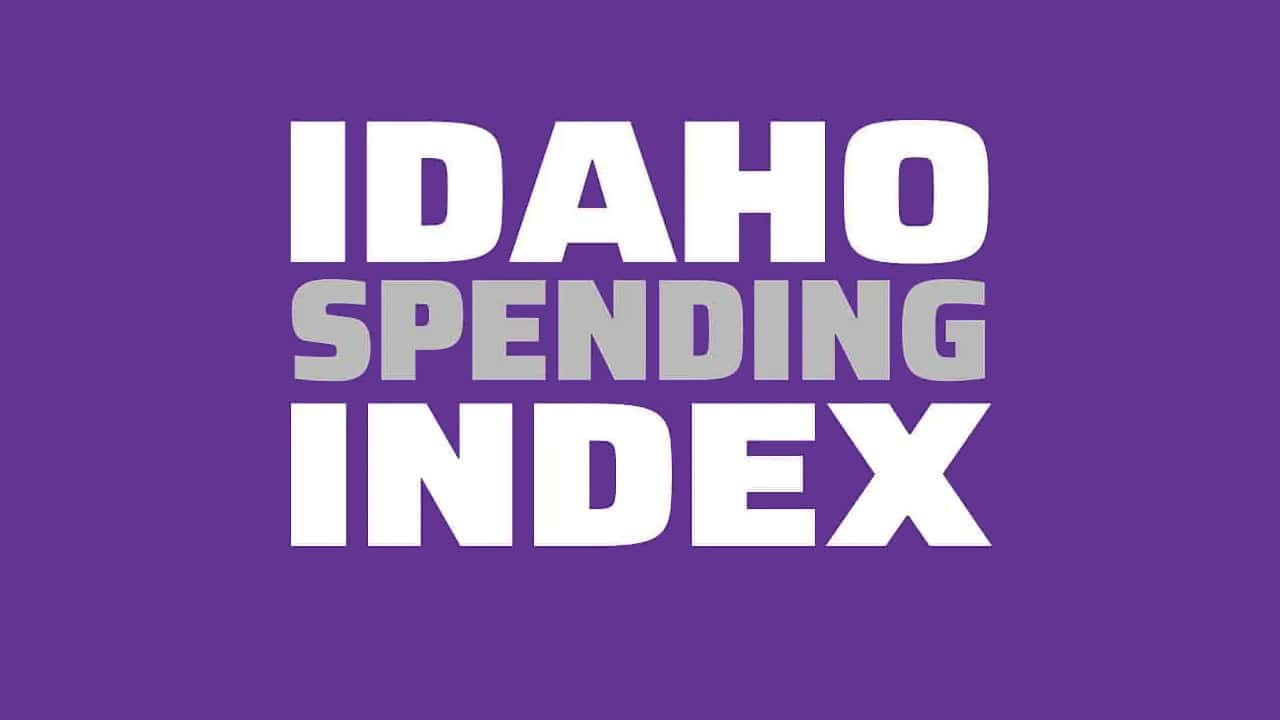


The Idaho Spending Index serves to provide a fiscally conservative perspective on state budgeting while providing an unbiased measurement of how Idaho lawmakers apply these values to their voting behavior on appropriations bills. Each bill is analyzed within the context of the metrics below. They receive one (+1) point for each metric that is satisfied by freedom-focused policymaking and lose one (-1) point for each instance in which the inverse is true. The sum of these points composes the score for the bill.
Analyst: Niklas Kleinworth
Rating: -2
Bill Description: Senate Bill 1448 appropriates $203,846,300 and 48.00 full-time positions to the Department of Commerce for fiscal year 2025.
Does this budget incur any wasteful spending among discretionary funds, including new line items? Conversely, does this budget contain any provisions that serve to reduce spending where possible (i.e. base reductions, debt reconciliation, etc.)?
This legislation ends the Idaho Global Entrepreneurial Mission (IGEM) program, returning $1 million to the General Fund. This program is designed to award grants to Idaho’s universities for the purpose of scaling their research for commercialization. This is a wasteful program because it is not the proper role of government to subsidize private industry efforts to implement the state’s research projects. This program is rightfully terminated in this budget.
This legislation also appropriates $116,900 to dedicate a staff member to the Idaho Rural Partnership program. This program was established in chapter 90, Title 67 of Idaho Code in 2007 and originally received ongoing funding from the General Fund. This ongoing funding ended in the 2010 fiscal year. Since then, the program has been funded by donations and non-appropriated dollars. Adding this line item is wasteful, as there is no provision in the Idaho Rural Partnership Act mandating appropriations for the program. The program sustained itself for nearly 15 years without appropriations.
(0)
Is the maintenance budget inappropriate for the needs of the state, the size of the agency, or the inflationary environment of the economy? Conversely, is the maintenance budget appropriate given the needs of the state and economic pressures?
This legislation confirms the program maintenance budget for the Department of Commerce of $204,647,400. This agency’s spending has grown more than four and a half times in its base appropriations in the 2022 fiscal year. This is far higher than what would be prescribed by inflationary pressures and growth.
These increases are largely due to a startling increase in the amount of federal grant funding appropriated to the agency from the Infrastructure Investment and Jobs Act for broadband development. Even without considering the effect of these federal grants, the agency’s maintenance appropriation grew by 79% in the last three years.
(-1)
Does this budget perpetuate or expand state dependence on federal dollars, thereby violating principles of federalism? Conversely, does this budget actively reduce the amount of federal dollars used to balance this budget?
Senate Bill 1448 appropriates more than $166.6 million in federal funds to the department. This constitutes nearly 82% of the agency’s total appropriations for fiscal year 2025. This is a startling degree of dependence on federal spending to sustain programs and operations.
A large portion of these federal dollars come in the form of grants from the federal Infrastructure Investment and Jobs Act. The intent language contained in Senate Bill 1448 would direct $588 million of these funds to subsidize broadband infrastructure development in the state. It is not the proper role of government to subsidize this industry.
Idaho’s acceptance and spending of these funds makes her complicit in the rampant federal spending problem. Estimates from the Congressional Budget Office project the IIJA to grow the federal deficit by $5.2 billion by 2031. This is harmful to the economic stability of future generations of Idahoans.
(-1)


